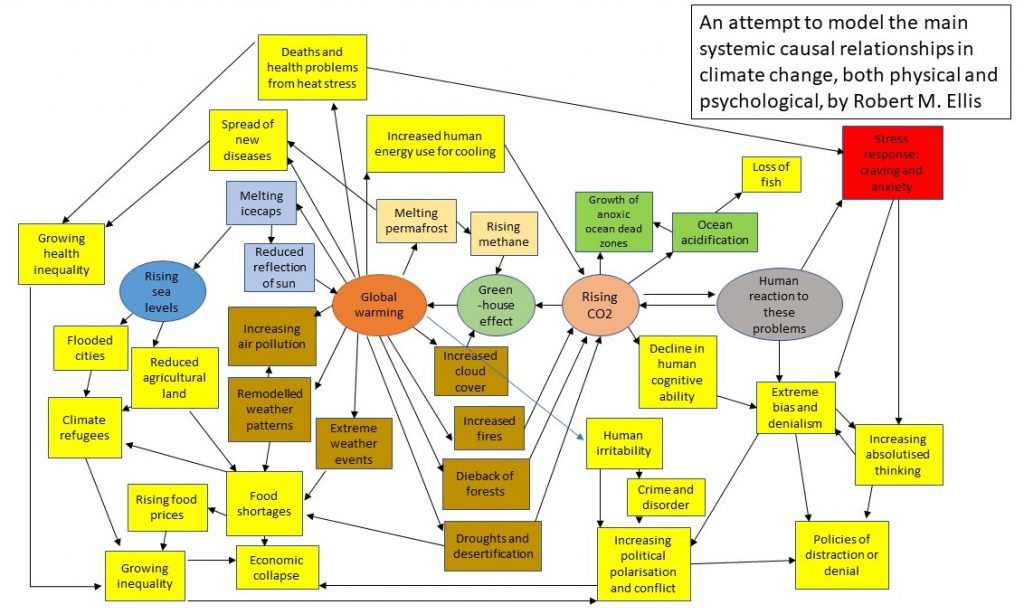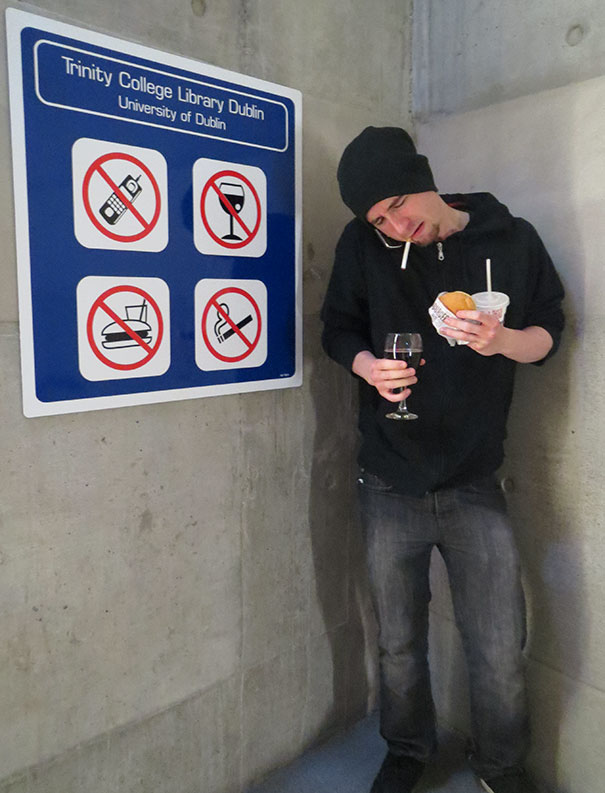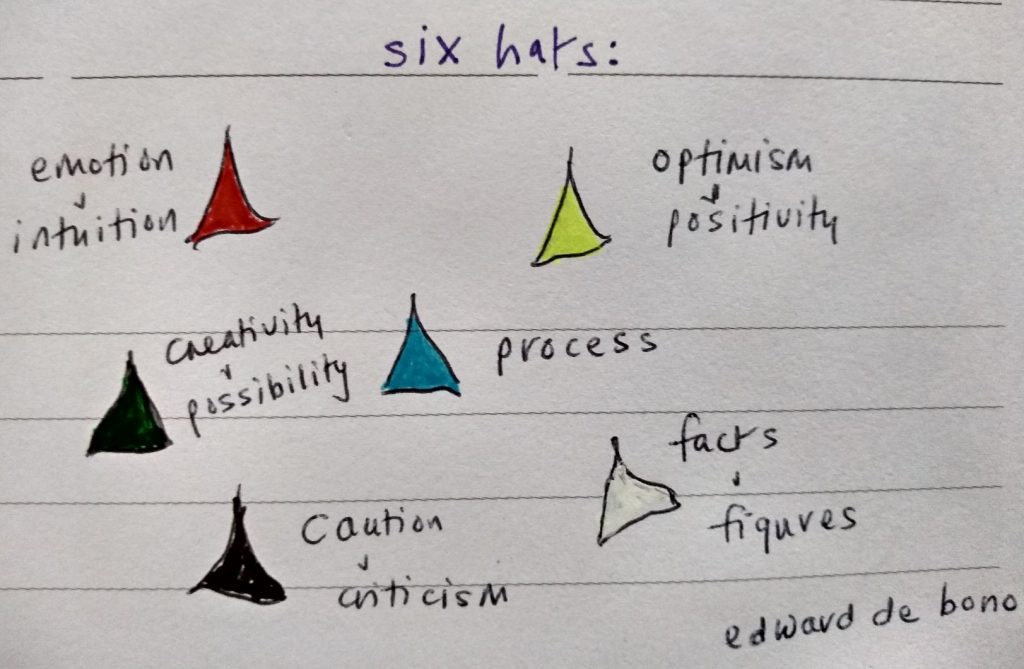The next main meeting of the Middle Way Network will be on Zoom at 7pm UK time on Sun 14th Mar 2021. In this, the third of our meetings on the Middle Way in moral and political issues, Jim Champion, who is a member of the Middle Way Society, will give a talk on applying the Middle Way to ethical issues involving animals.
Our relationship with animals is complex, messy and overwhelmingly one-sided. For many of us, much of the time, the basic assumptions about this relationship go unrecognised; and when they are recognised, they often go unexamined. Usually, when the status quo is challenged, people’s positions remain polarised and it is difficult to make progress in resolving the conflict. What might a Middle Way approach to this sticky area of ethical practice look like?
As a principle of judgement, the Middle Way involves identifying absolutes in order to better avoid them: Jim will talk about the dogmas that dominate the discourse around animals, including moral assumptions that lie behind the status quo and those that arise in reaction to it. In practice, if we are trying to steer our beliefs away from dogma they need to be incremental, as objective as possible and we need to hold them provisionally; Jim will talk about adopting moral principles in a way that is compatible with the Middle Way, and how this moral practice may work differently to more conventional dogmatic approaches such as veganism and animal rights activism.
A Middle Way approach to maintaining an ethical practice regarding animals is going to require balance: we ought to do what stretches us most towards a more integrated position, in a way that is compatible with our capacity for moral change. As such, the Middle Way for different individuals and for different groups in society is going to look different, with those people and groups moving forward from where they currently are. With this in mind, Jim will talk about his own experience of attempting to steer clear of the dogmas of conventionalism and purity by maintaining awareness of the fallibility of his beliefs.
In this Network meeting there will be a short talk on this topic, followed by questions, then discussion in regionalised breakout groups, and a plenary session at the end. If you’re interested in joining us but are not already part of the Network, please see the general Network page to sign up. All the videos of previous Network stimulus talks are now indexed on this page. If you would like to catch up more with basic aspects of the Middle Way approach, we are also holding a reading group (next on 21st March) which will do this – please contact Jim (at) middlewaysociety.org if you want to join this.
Here is the video from the meeting:
Some suggested reflection questions:
- Identify a principle that you use with regards to animals. It could be to do with eating meat or other animal products, recreation (e.g. sport, entertainment), companionship (e.g. pets, wildlife), scientific research, education (e.g. zoos, television documentaries), etc. When, and from where did you adopt this principle? How successful have you been in applying this principle? To what extent has it acted as a long-term reminder of your intent, helping to bring more integration to your everyday ethical practice with regards to animals?
- To what extent are there conflicts between your beliefs about animals? It may help to focus on specific pairs of examples, such as your beliefs regarding cows and horses, or pigs and dogs. How do you respond to feelings of hypocrisy, with regards to yourself or others? What do you consider to be an adequate balance here?
- Identify a pair of opposed absolute beliefs about animals. It may be easiest to identify an absolute belief that you hold, or tend towards, and then to construct its opposite. How can the belief be incrementalised and made provisional, in the spirit of taking the Middle Way?
Suggested further reading:
- Robert M Ellis (2014) Migglism Section 2 (3 in the e-book) ‘Ethical practice’.
- Robert M Ellis (2007) A New Buddhist Ethics Chapter 6 ‘Animals’. Note: Despite the title and some references to Buddhism, the basis of judgement in this book is the Middle Way rather than Buddhist tradition.
- Jim Champion (2017) Ride the elephant (you’ve got no choice), but do you have to eat him? Blog post on the Middle Way Society website from 2017.




